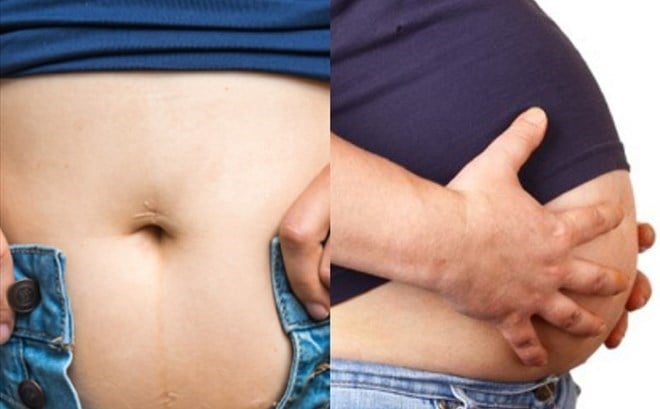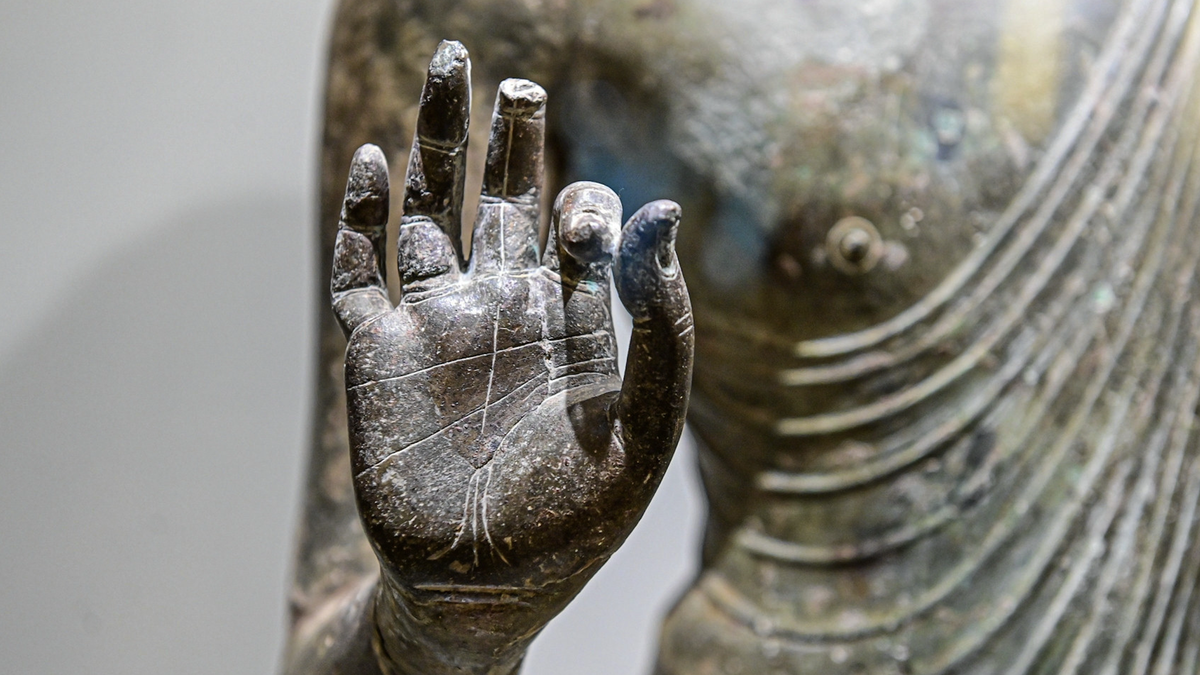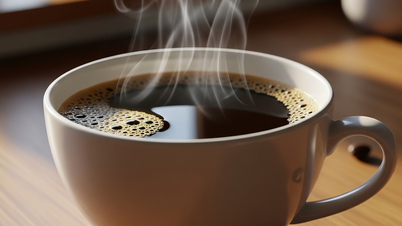
Reasons You Bloat When You Sleep
"Gas in the digestive tract and passing gas while sleeping is a normal response of the body, especially if you go to bed right after dinner," says Dr Ranga Santosh Kumar, consultant general practitioner and diabetologist, Yashoda Hospital, Hyderabad, India.
As the body digests food, bacteria naturally produce gas in the large intestine. While some gas is normal, excessive gas can be caused by swallowing air, eating certain foods, pregnancy and menstruation, and various digestive disorders.
“Certain health conditions, lifestyle, and what you eat and drink during the day can affect the amount of gas your body produces,” says Dr. Kumar.
According to Dr. Kumar, the average person burps or farts about 13 to 21 times a day. Most of the gas is released when a person is awake. The digestive system slows down after a person sleeps, reducing the amount of gas produced by about half.
While bloating is usually nothing to worry about, it can be a sign of an underlying health problem if it's accompanied by other symptoms, such as pain, vomiting, or unexplained weight loss.
Dr Kumar explains that while people can somewhat control when they pass gas during the day, the muscles in the anal sphincter relax after sleep and gas escapes involuntarily.
What should be noted?
Everyone swallows a certain amount of air, but swallowing too much air can increase gas in the body. "Swallowed air that is not released when burping builds up and is released through farting," says Dr. Kumar.
We may swallow more air at certain times and activities including:
- Smoke.
- Eating too fast or eating while standing.
- Drink with a straw.
- Feeling restless or anxious.
- Wearing dentures that do not fit properly.
- Chew gum.
Dr. Kumar mentions that certain foods can also contribute to bloating, especially those containing fiber, sugar, and starch that are broken down in the large intestine.
“Not everyone is affected by the same foods, but some foods known to increase gas include milk, beans, fruits, some vegetables, including asparagus, Brussels sprouts, broccoli, corn and potatoes, bread and other foods made from whole grains, carbonated drinks, such as soda and sparkling water, and artificial sweeteners,” says Dr. Kumar.
Digestive disorders associated with bloating include constipation, irritable bowel syndrome or IBS, Crohn's disease, celiac disease, bacterial overgrowth in the small intestine, and gastroesophageal reflux disease.
Therefore, if you want to control this condition, especially while sleeping, adopt healthy eating habits, limit overeating and pay attention to the causes of bloating mentioned above.
Source: https://laodong.vn/dinh-duong-am-thuc/nguyen-nhan-gay-day-hoi-khi-ngu-va-cach-phong-ngua-1375842.ldo





































































































Comment (0)